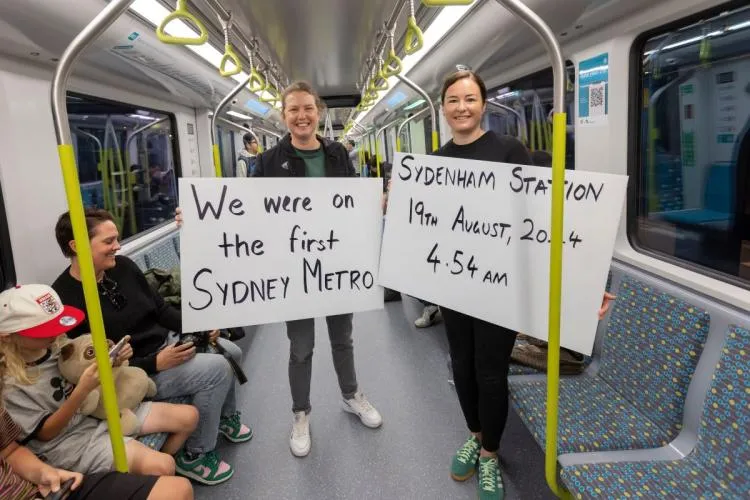Brazilian highway and metro concessionaire CCR has signed a US$1.85 billion contract for a public-private partnership (PPP) to carry out phase II work on Bahia state capital Salvador's metro system in northeast Brazil.
The PPP involves building a total of 33.4 kilometres of metro lines and 19 stations and includes building an extension to the metro's existing 6.6 kilometre line 1 and preparing a project to extend the line some a further 3.6 kilometres.
October 22, 2013
Read time: 1 min
Brazilian highway and metro concessionaire CCR has signed a US$1.85 billion contract for a public-private partnership (PPP) to carry out phase II work on Bahia state capital Salvador's metro system in northeast Brazil.
The PPP involves building a total of 33.4 kilometres of metro lines and 19 stations and includes building an extension to the metro's existing 6.6 kilometre line 1 and preparing a project to extend the line some a further 3.6 kilometres.
A second metro line running will also be built which will connect with federal highway BR-324 and Salvador port. Once construction is complete, the concessionaire will operate both lines, which will have a total of 22 stations.
Construction is expected to take 42 months and the operational agreement is expected to be for about 27 years.
The PPP involves building a total of 33.4 kilometres of metro lines and 19 stations and includes building an extension to the metro's existing 6.6 kilometre line 1 and preparing a project to extend the line some a further 3.6 kilometres.
A second metro line running will also be built which will connect with federal highway BR-324 and Salvador port. Once construction is complete, the concessionaire will operate both lines, which will have a total of 22 stations.
Construction is expected to take 42 months and the operational agreement is expected to be for about 27 years.









